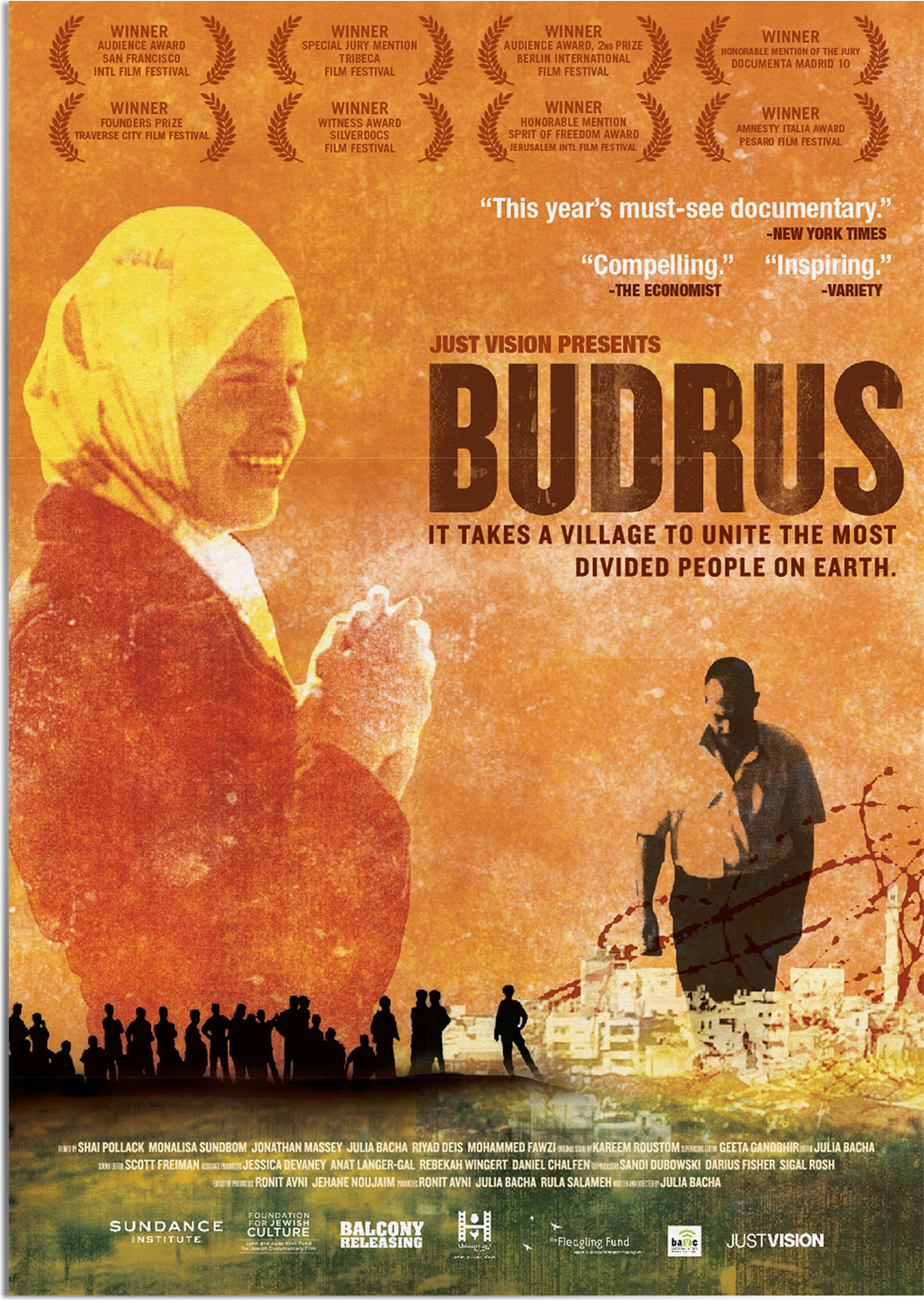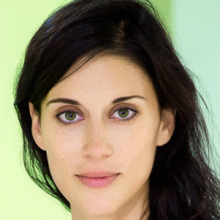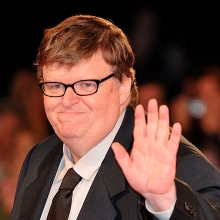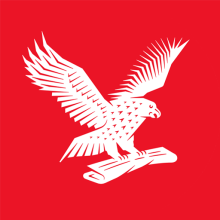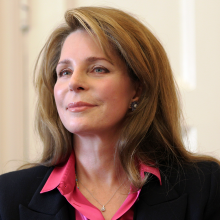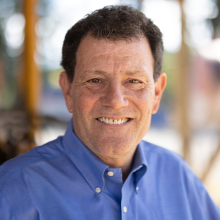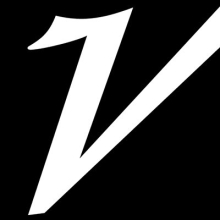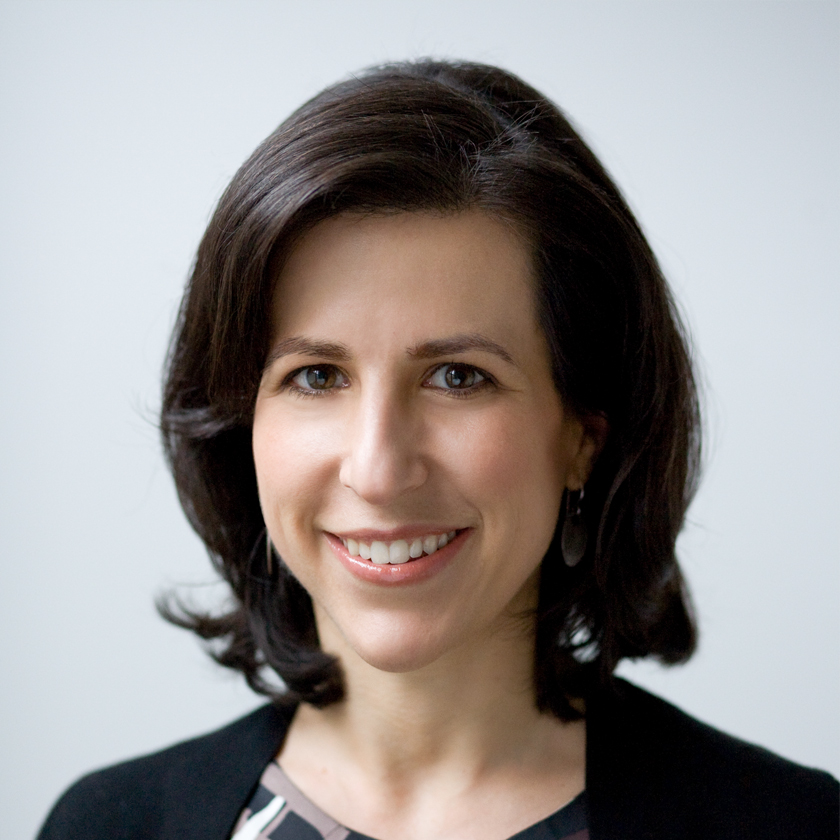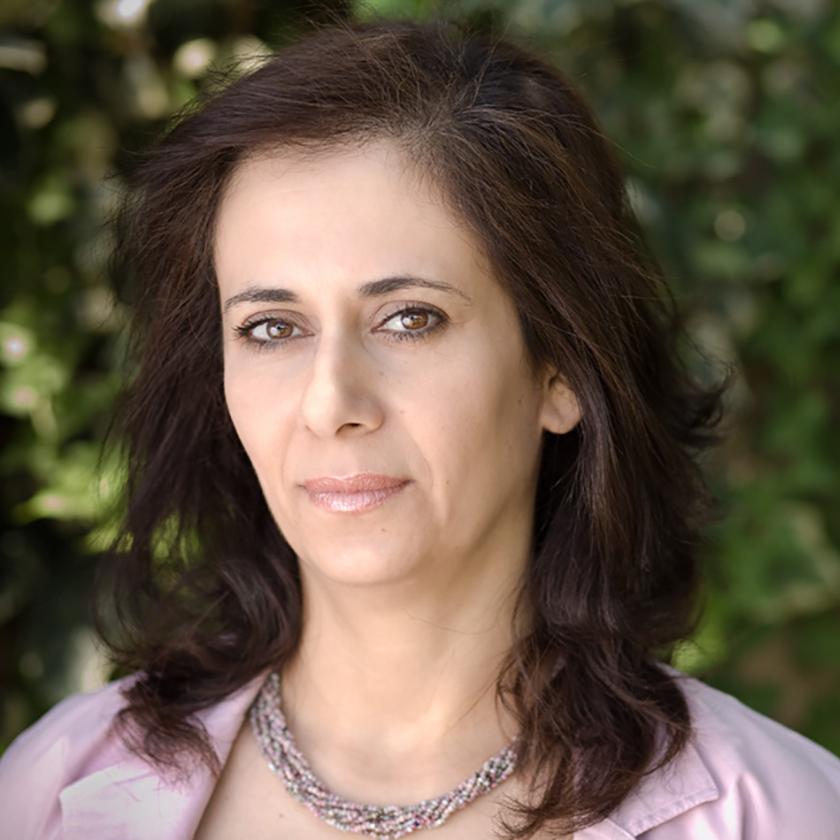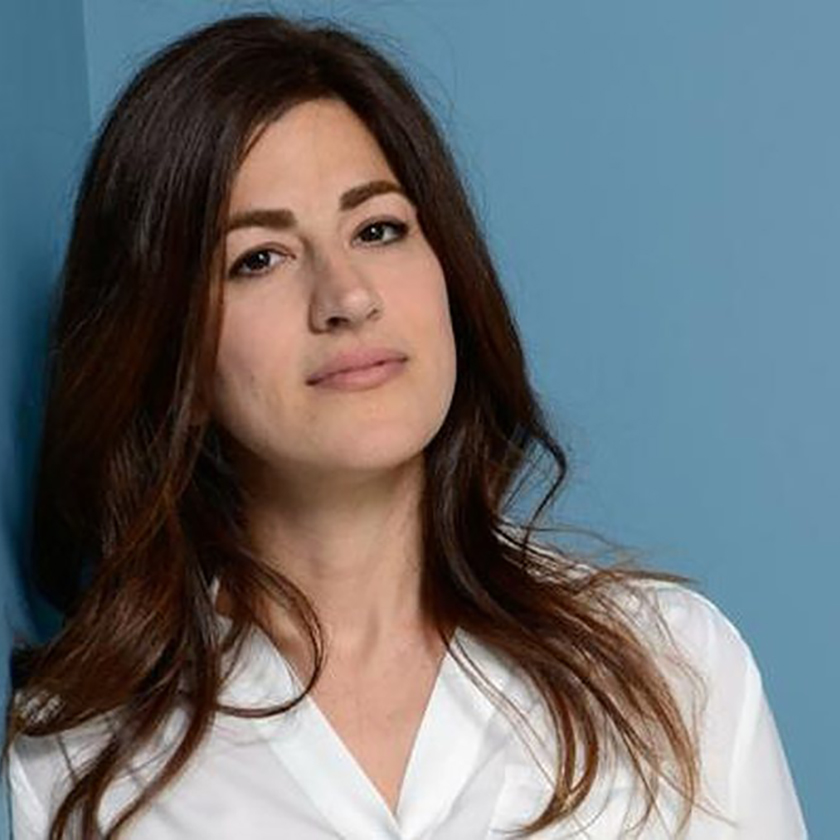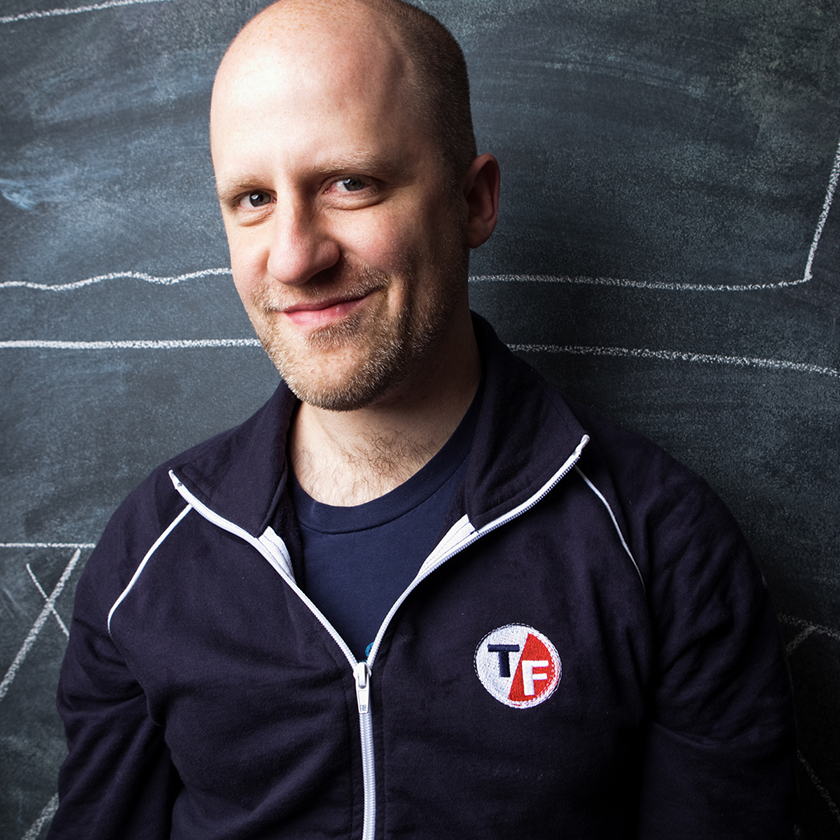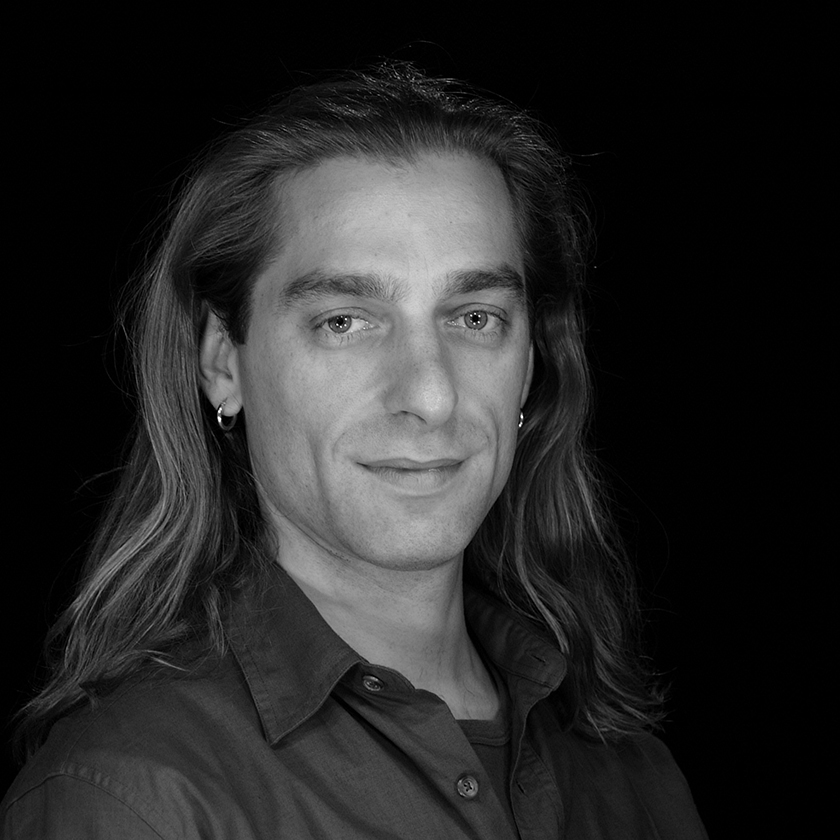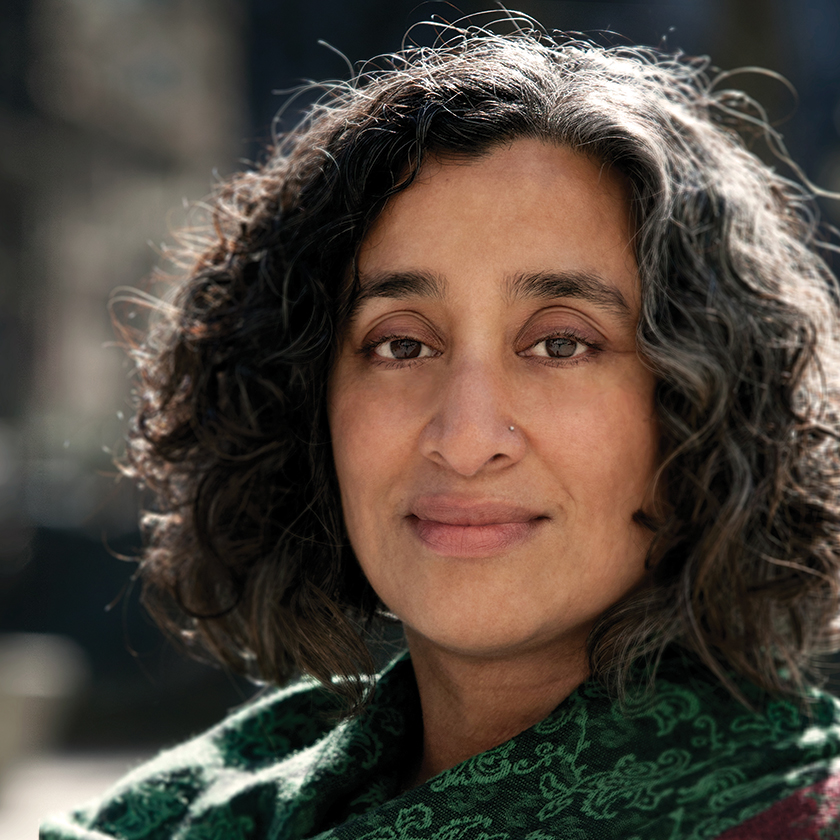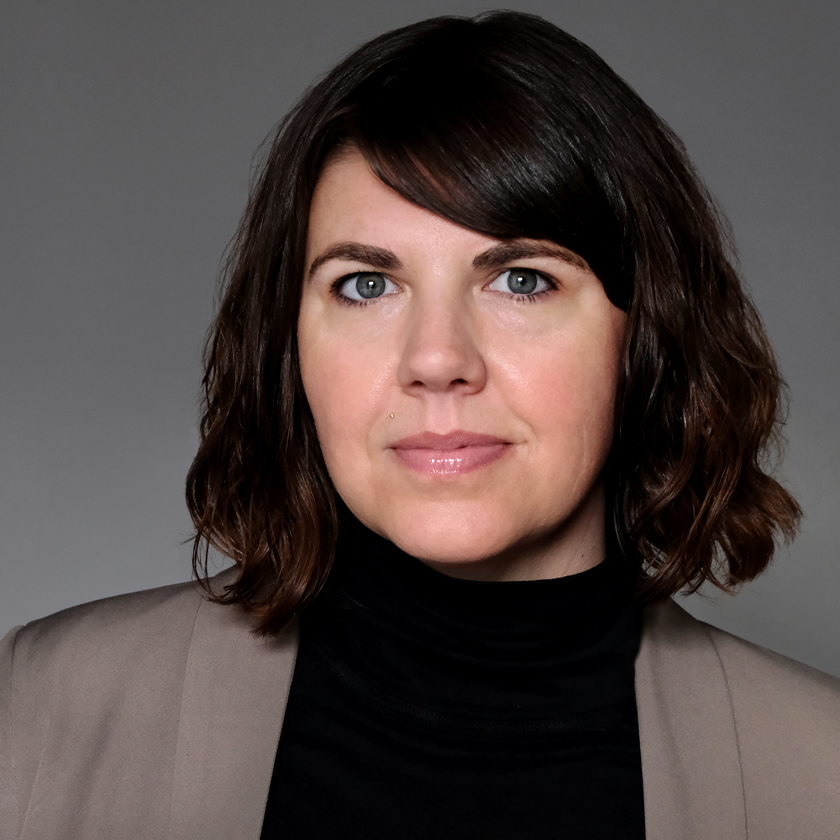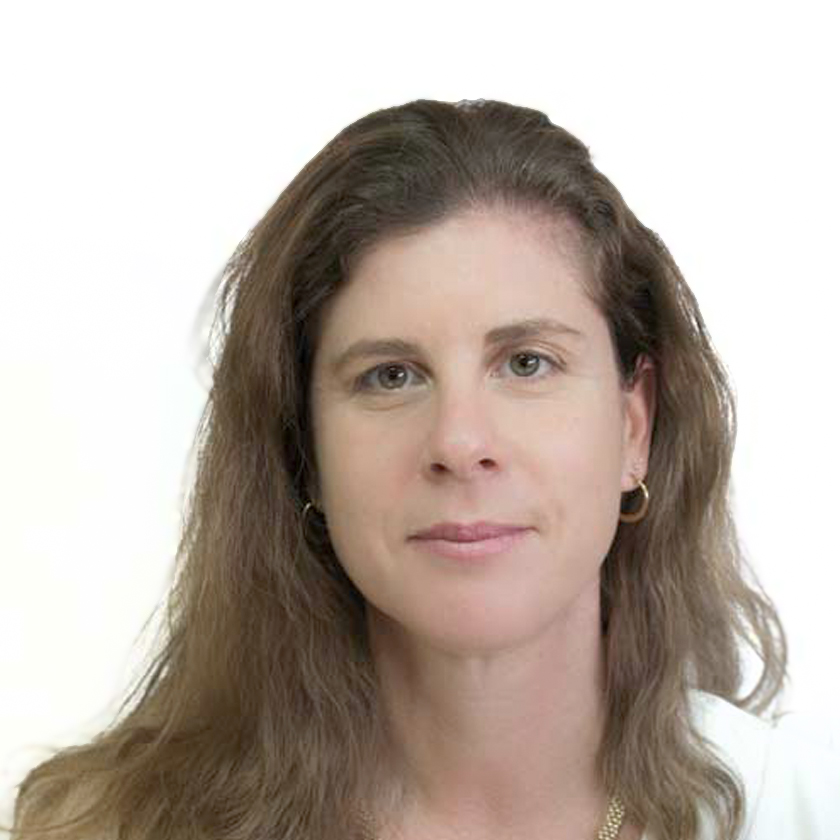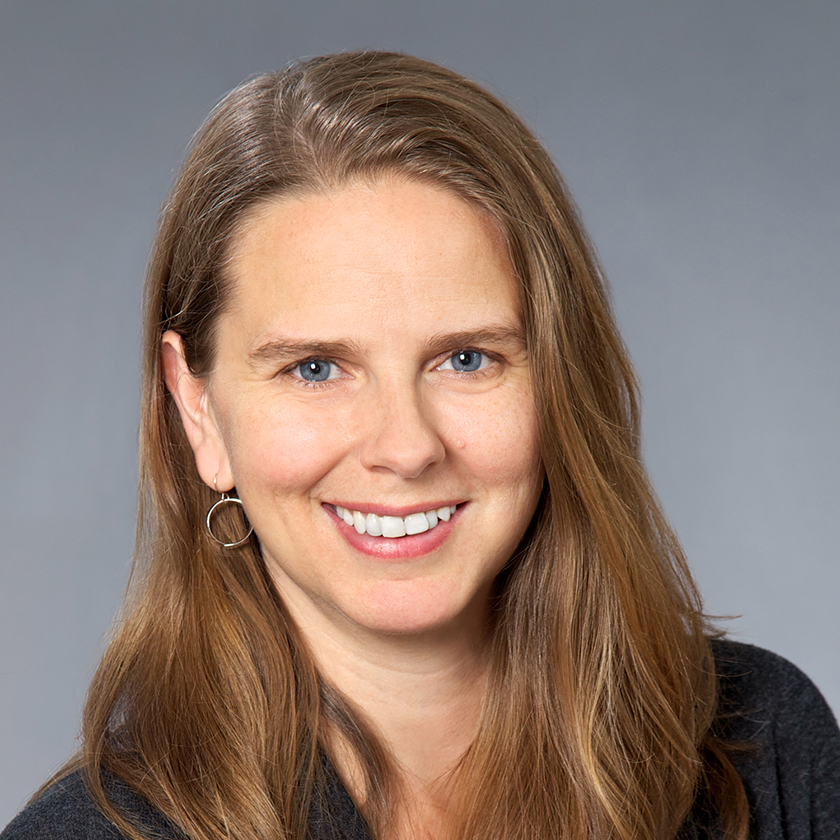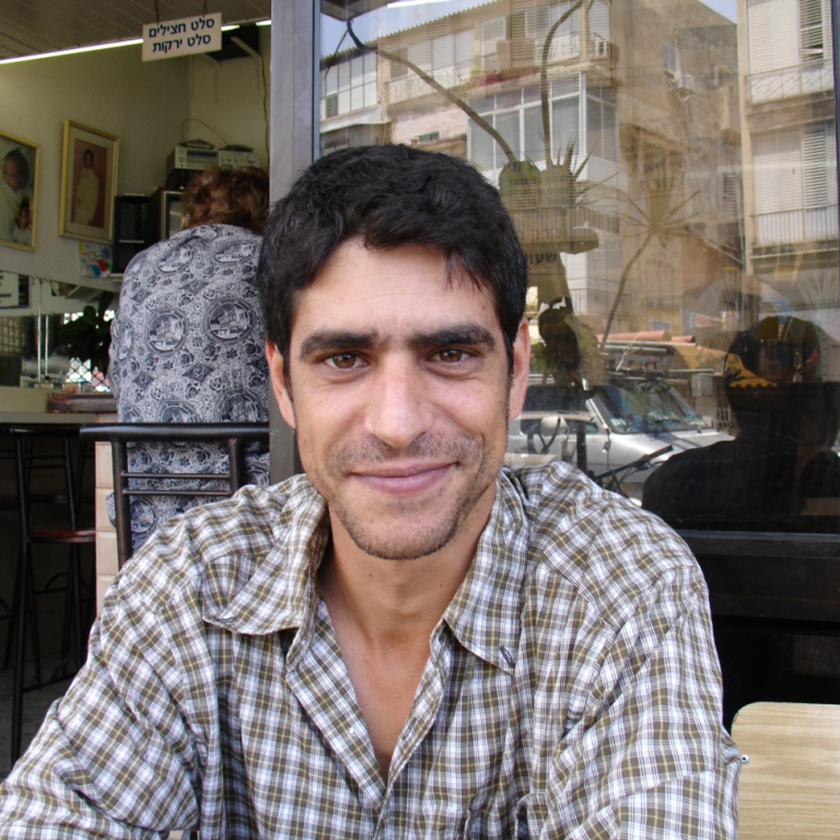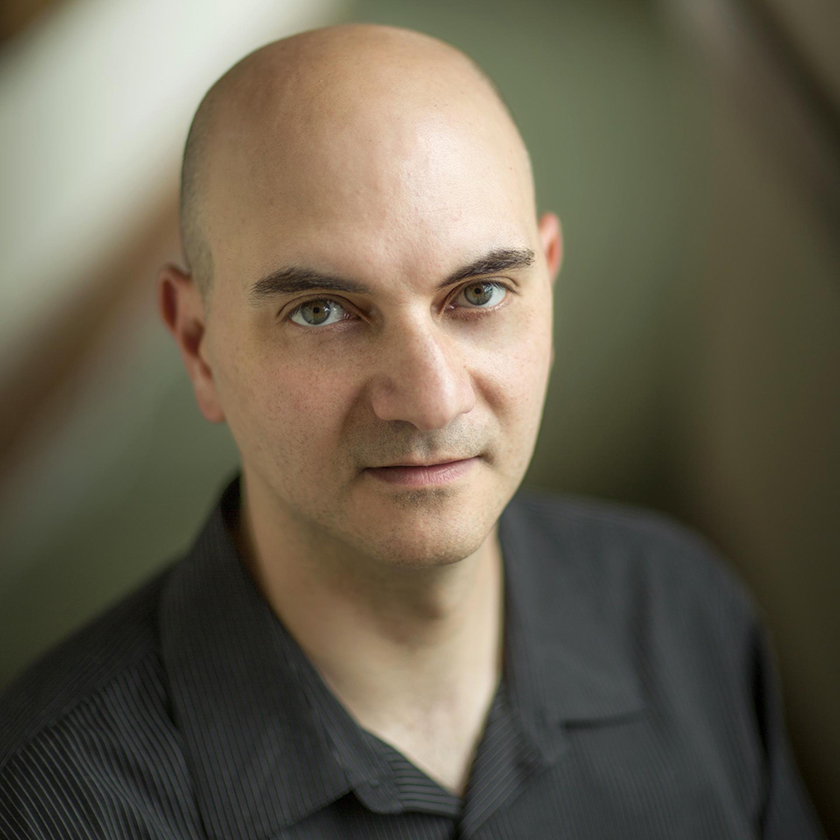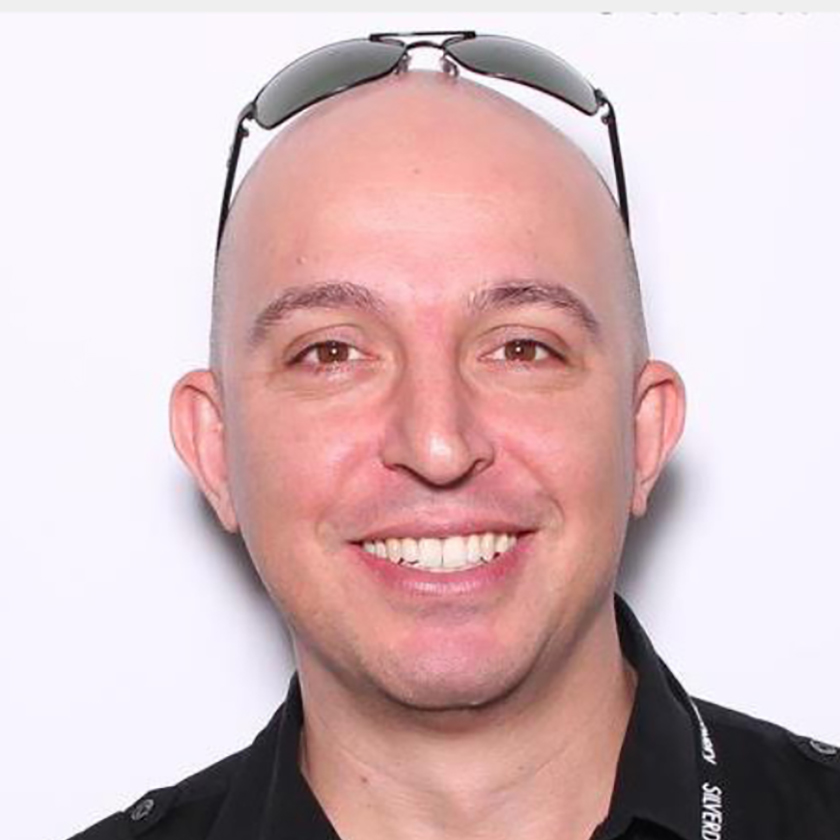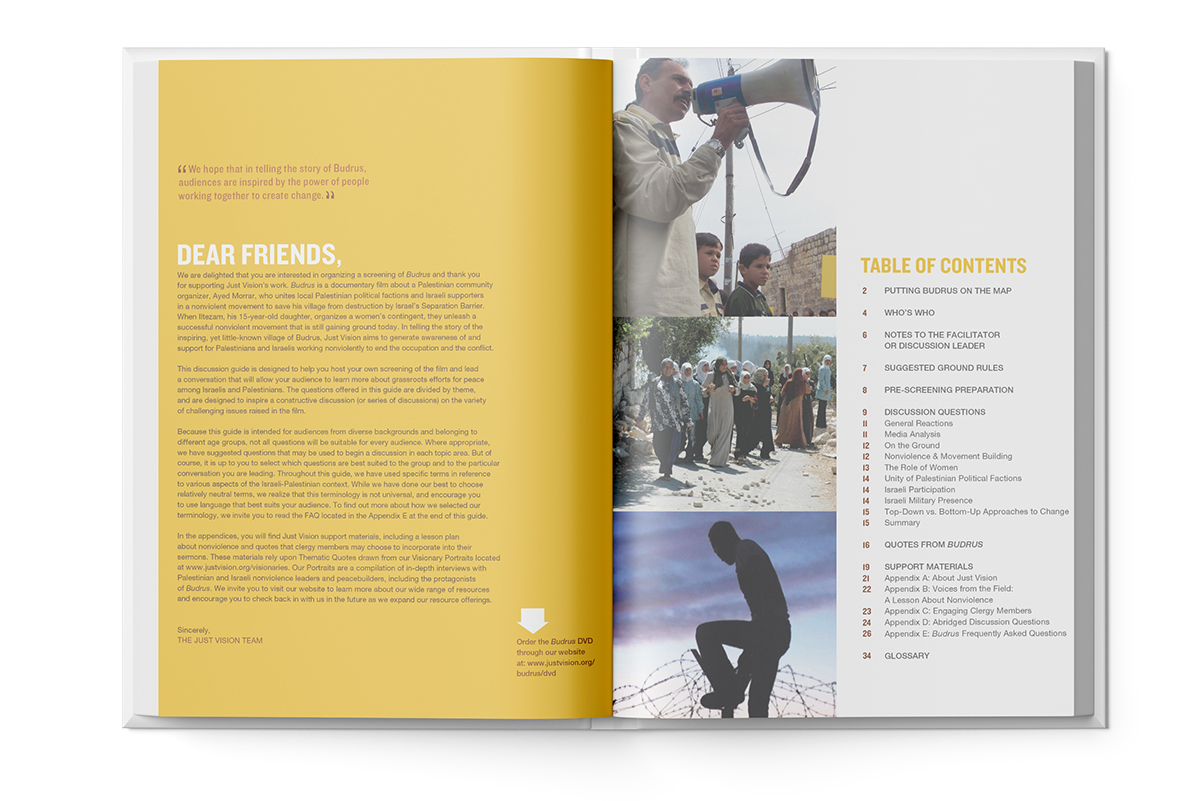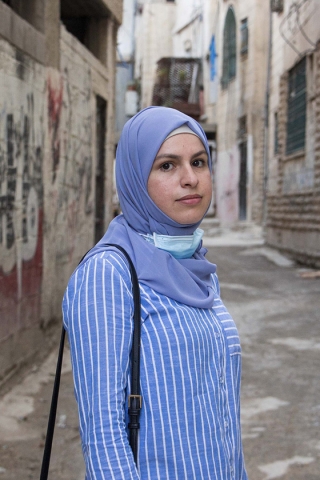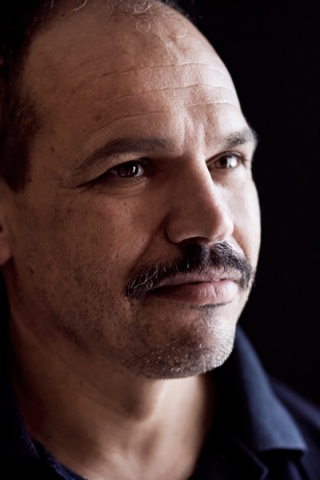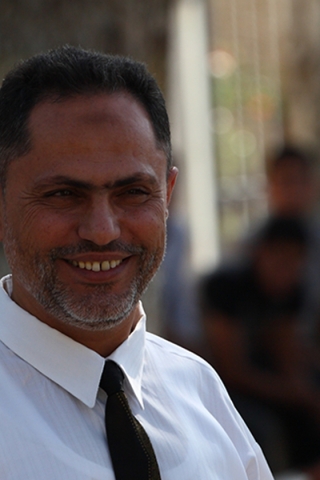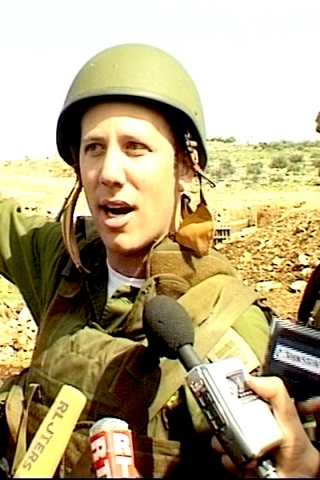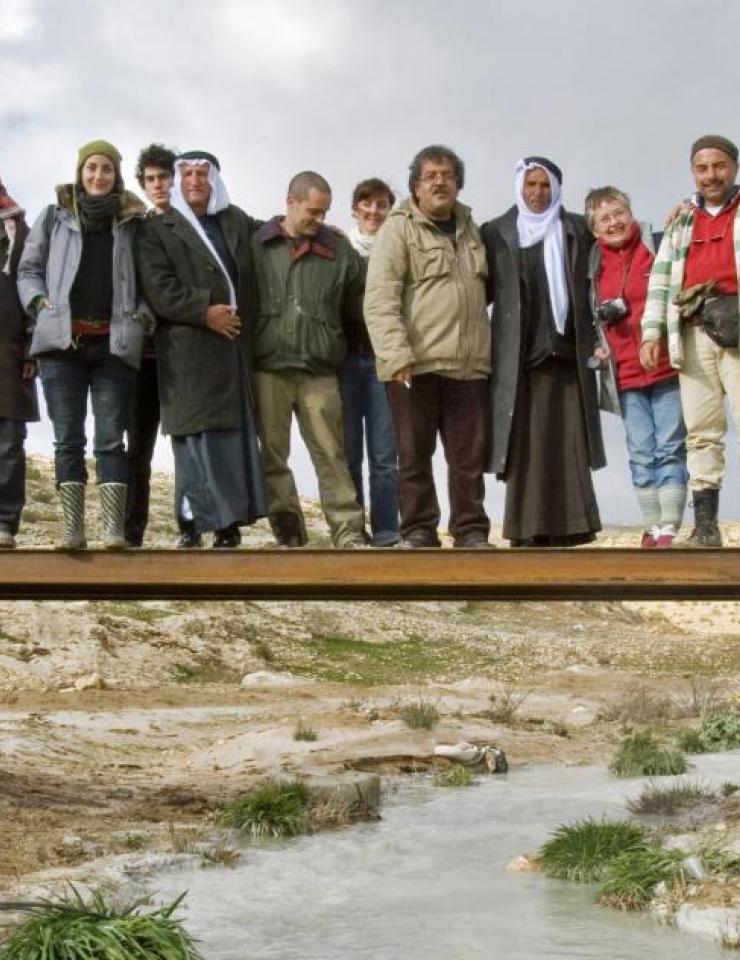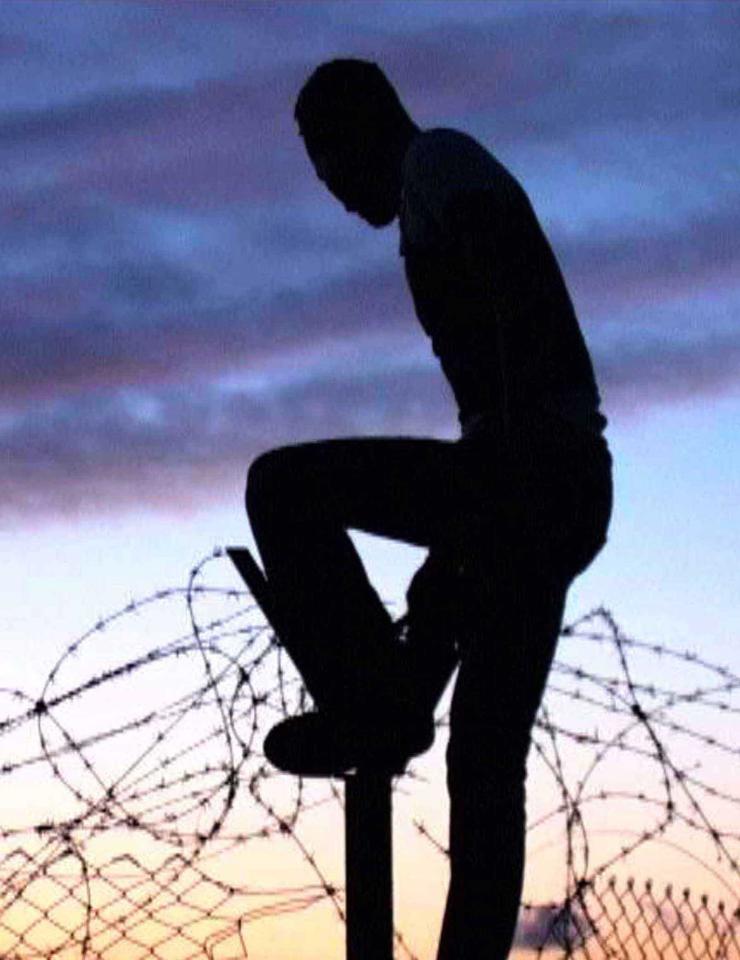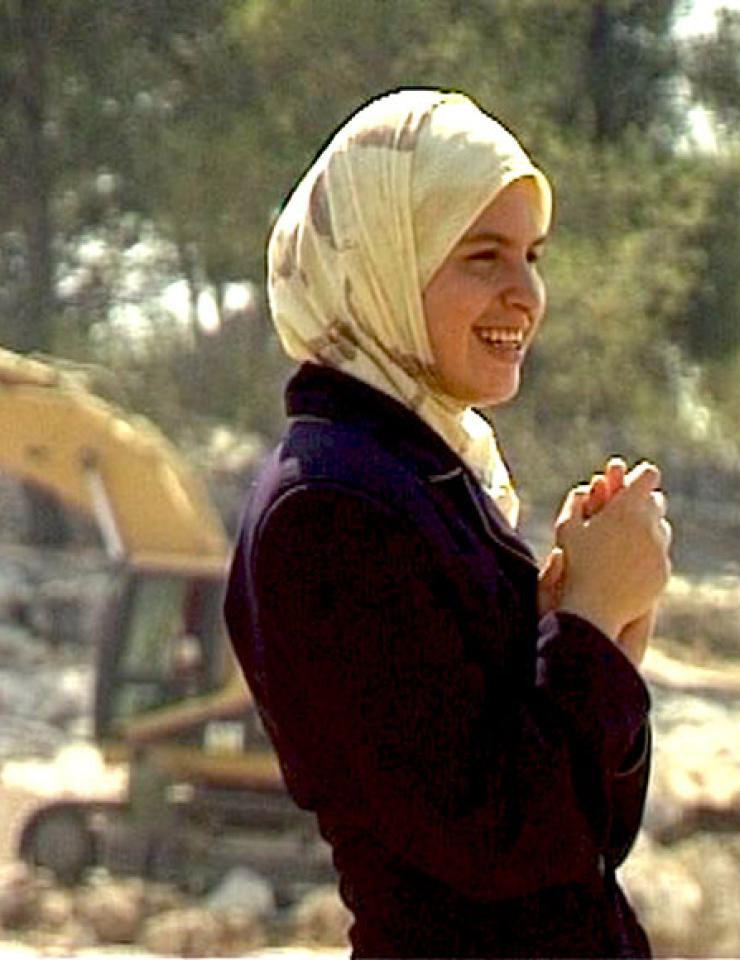
Just Vision Presents
Budrus
Directed by Julia Bacha
Produced by Ronit Avni, Julia Bacha and Rula Salameh
WATCH THE FILM
Budrus is an award-winning feature documentary film about Palestinian community organizer, Ayed Morrar, who unites Palestinian political factions and invites Israeli supporters to join an unarmed movement to save his village of Budrus from destruction by Israel’s Separation Barrier. Success eludes them until his 15-year-old daughter, Iltezam, launches a women’s contingent that quickly moves to the front lines. Struggling side by side, father and daughter unleash an inspiring, yet little-known, movement in the Occupied Palestinian Territories that is still gaining ground today. In an action-filled documentary chronicling this movement from its infancy, Budrus shines a light on people who choose nonviolent strategies to confront a threat. The movie is directed by award-winning filmmaker Julia Bacha (co-writer and editor of Control Room and co-director Encounter Point), and produced by Bacha, Palestinian journalist Rula Salameh, and filmmaker and human rights advocate Ronit Avni (formerly of WITNESS, Director of Encounter Point).
While this film is about one Palestinian village, it tells a much bigger story about what is possible in the Middle East. Ayed succeeded in doing what many people believe to be impossible: he united feuding Palestinian political groups, including Fatah and Hamas; he brought women to the heart of the struggle by encouraging his daughter Iltezam's leadership; and he welcomed hundreds of Israelis to cross into Palestinian territory for the first time and join this nonviolent effort. Many of the activists who joined the villagers of Budrus are now continuing to support nonviolence efforts in villages from Bil’in to Nabi Saleh to Hebron to Sheikh Jarrah in East Jerusalem.
While many documentaries about the Palestinian-Israeli conflict either romanticize the notion of peace, or dwell entirely on the suffering of victims to the conflict, this film focuses on the success of a Palestinian-led unarmed struggle.
For information regarding the rights of the film, and how to bring it to your community, visit the Budrus FAQ. Watch Budrus online here.
Struggling side by side, father and daughter unleash an inspiring, yet little-known movement in the Occupied Palestinian Territories that is still gaining ground today. In an action-filled documentary chronicling this movement from its infancy, Budrus shines a light on people who choose nonviolence to confront a threat yet remain virtually unknown to the world. The movie is directed by award-winning filmmaker Julia Bacha (co-writer and editor Control Room, co-director Encounter Point), and produced by Bacha, Palestinian journalist Rula Salameh, and filmmaker and human rights advocate Ronit Avni (formerly of WITNESS, director of Encounter Point).
While this film is about one Palestinian village, it tells a much bigger story about what is possible in the Middle East. Ayed succeeded in doing what many people believe to be impossible: he united local Palestinian political factions, including Fatah and Hamas; he brought women to the heart of the struggle by encouraging his daughter Iltezam's leadership; and he welcomed hundreds of Israelis to cross into Palestinian territory for the first time and join this nonviolent effort.
Budrus includes diverse voices, from the Palestinian leaders of the movement and their Israeli allies to an Israeli military spokesman, Doron Spielman, and Yasmine Levy, the Israeli border police officer stationed in the village at that time. While many documentaries about the Palestinian-Israeli conflict either romanticize the notion of peace, or dwell entirely on the suffering of victims to the conflict, this film focuses on the success of a Palestinian-led nonviolent movement.
In a keynote address immediately following the debut of Budrus at a Gala screening at the Dubai International Film Festival in December 2009, Her Majesty Queen Noor Al Hussein of Jordan praised the film, stating that Budrus: “Gives an enormous amount of hope... It’s a story which will have an impact and can help bring change.”
For more than ten years now, villages across the West Bank have experienced a resurgence in nonviolent strategies to resist the Israeli occupation. Combining tactics borrowed from the First Intifada in the 1980’s with the active participation of Israeli and international activists, this movement, though still fragile, carries great potential for the region. Ayed’s village, Budrus, was one of the very first communities to engage in this type of resistance and is held up as a model for what civil disobedience looks like in this context and what it can achieve.
Ayed succeeded in doing what many people believe to be impossible: he united rival political parties Fatah and Hamas; he brought women to the heart of the struggle by supporting his daughter Iltezam's leadership; and he welcomed hundreds of Israelis to cross into Palestinian territory and join the struggle.
I was lucky to work with an incredible team of Palestinians, Israelis and North Americans at Just Vision, an organization dedicated to documenting and disseminating the work of Palestinian and Israeli civilians working for freedom, dignity, equality and human security for all. Through extensive research, we were able to collect footage from over a dozen activists who had been in Budrus at some point during the movement. We also built an enduring relationship with Iltezam Morrar, Ayed’s teenage daughter, whose charisma and strength provide the heartbeat of the documentary, as it did for the struggle.
The film would not have been complete, however, without hearing the point of view of the Border Police officers who had to deal with what was one of the first organized unarmed movements to challenge the route of the Separation Barrier. We were fortunate that the squad commander, Yasmine Levy, agreed to talk earnestly with us. We were also able to include the perspective of Captain Doron Spielman, an Israeli Army spokesperson at the time.
Today, from Nabi Saleh to Ni’lin, Bil’in to Sheikh Jarrah, every week Palestinians from all political factions, along with Israeli and international supporters, often with women leading, gather to protest the confiscation of olive groves, house demolitions and settlement growth. They do so in creative ways and to varying degrees of success, yet remain virtually unknown. We hope this film can help bring them out of anonymity so we can all benefit from their courageous work.
Julia Bacha (2009)
Julia Bacha
PRODUCED BY
Ronit Avni
Julia Bacha
Rula Salameh
FILMED BY
Shai Pollack
Footage Courtesy of Claudius Films-Claudia Levin
Monalisa Sundbom
Jonathan Massey
Julia Bacha
Riyad Deis
Mohammed Fawzi
SUPERVISING EDITOR
Geeta Gandbhir
Darius Fisher
Chris Kirk
ASSOCIATE PRODUCERS
Jessica Devaney
Anat Langer-Gal
Rebekah Wingert
EDITOR
Julia Bacha
EXECUTIVE PRODUCERS
Ronit Avni
Jehane Noujaim
Women Donors Network
CO-PRODUCERS
Sandi DuBowski
Darius Fisher
ORIGINAL SCORE BY
Kareem Roustom
Daniel Chalfen
Geeta Gandbhir
SOUND EDITOR
Scott Freiman
ADDITIONAL CAMERA
Mickey Elkeles
Steve Bonham
Adel Abd el Qader
ADDITIONAL FOOTAGE PROVIDED BY
Yisrael Putterman
Kate Rafael & the International Women's Peace Service
Owen Henkel & Max Shmookler
Maj Greitz & Olof Sjolund
Palestine Media & Communications Company
Channel 2
IBA FIlm Archive
ITN Source
ITN Source/Reuters
Julia Bacha
ASSISTANT EDITOR
Jessica Devaney
STILL PHOTOGRAPHY
Amal Alqasem
Steve Bonham
Eyad Bornat
Chris Cowperthwaite
Aisha Mershani
Anne Paquier - Active Stills
Brandon Sipes
Oren Ziv - Active Stills
Winner, Best Documentary & Audience Award, Common Memory International Film Festival, Morocco, 2013
Winner, Panorama Audience Award Second Prize, Berlin International Film Festival, 2010
Winner, Special Jury Mention, Tribeca Film Festival, 2010
Winner, Audience Award, San Francisco International Film Festival, 2010
Winner, Honorable Mention for Best Documentary in the Spirit of Freedom Award, Jerusalem International Film Festival, 2010
Winner, Witness Award at Silverdocs Film Festival, 2010
Winner, Honorable Mention of the Jury, Documenta Madrid 10
Winner, Amnesty Italia Award, Pesaro Film Festival, 2010
Winner, Founders Prize, Best of Fest, Nonfiction, Traverse City Film Festival, 2010
Winner, Checkpoints Award, Bergen International Film Festival, 2010
Winner, Festival des Libertés Prize, Festival des Libertés, 2010
Winner, Spirit of Freedom Documentary Award, Bahamas International Film Festival, 2010
Winner, Amnesty's Matter of Act Human Rights Award, Movies That Matter Film Festival, 2011
Winner, Jury Award for Excellence in Documenting a Human Rights Issue, Bellingham Human Rights Film Festival, 2011
Special Honors
PUMA.Creative Impact Award, 2012
The Henry Hampton Award for Excellence in Film and Digital Media, 2011
The Ridenhour Documentary Film Prize, 2011
Circles of Change Award, 2010
The Common Ground Award, 2010
King Hussein Leadership Prize, 2009
Explore Media Highlights
Filmmakers
Discussion Guide
Budrus discussion guide provides background information and discussion questions exploring themes including the role of women in grassroots leadership, unity across political factions, movement building and more.

